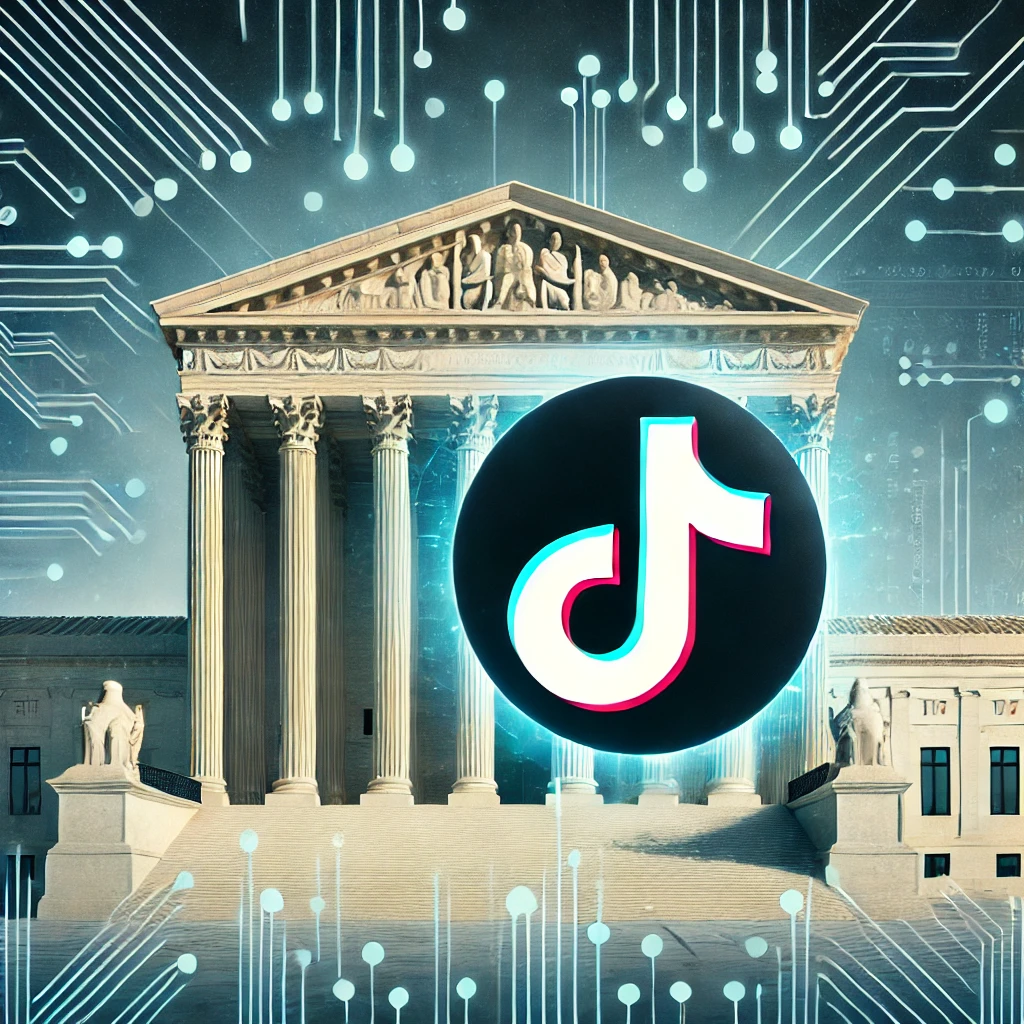Media laws at Guadeloupe (France)
Media Laws in Guadeloupe (France)
As an overseas region of France, Guadeloupe is governed by French national laws concerning media freedom and regulation. This means that the legal framework for media in Guadeloupe is largely the same as in mainland France, but with some local variations and considerations due to its status as an overseas territory. Freedom of expression, press freedom, and broadcast regulations are essential aspects of media law in Guadeloupe, and these laws are rooted in France’s democratic values while addressing local contexts and needs.
🧾 Key Legal Frameworks Governing Media in Guadeloupe
1. The French Constitution (1958) and Declaration of the Rights of Man and of the Citizen (1789)
As part of France, Guadeloupe is subject to the French Constitution, which guarantees freedom of expression and freedom of the press as fundamental rights. These freedoms are enshrined in:
Article 11 of the Declaration of the Rights of Man and of the Citizen (1789): Guarantees that freedom of speech and press is a fundamental right, allowing individuals to express opinions without undue interference.
Article 34 of the Constitution (1958): Permits Parliament to regulate press laws, making it possible to impose certain restrictions in the interest of national security, public order, or the protection of individual reputation.
2. The Law on the Freedom of the Press (1881)
The Press Law of 1881 is a cornerstone of media law in Guadeloupe, as it is in mainland France. This law provides the basic legal framework for the regulation of press freedom while balancing it against the protection of individuals' rights.
Key Provisions:
No prior censorship: There can be no censorship of the press before publication. This protects the freedom of journalists to publish information without governmental interference.
Defamation and criminal liability: The law allows individuals to sue for defamation, and it imposes criminal penalties for defamatory publications. Defamation cases can be initiated against media outlets for false or damaging statements made about individuals, including public figures.
Public figures: Public figures, such as politicians or officials, have less protection against defamation than private individuals. This law, however, also protects individuals’ right to their reputation and dignity.
3. The Audiovisual Law (1986)
The 1986 Audio-Visual Communication Law governs broadcast media in France, and it applies to Guadeloupe as well. The law regulates television and radio broadcasts, establishing the legal framework for both public service and private broadcasters.
Conseil Supérieur de l'Audiovisuel (CSA): The CSA, the French audiovisual regulatory authority, oversees the media landscape in Guadeloupe. It ensures that broadcasting adheres to ethical standards regarding fairness, accuracy, and impartiality. It also regulates issues such as advertising and content quotas.
Public Service Broadcasting: Guadeloupe has local public service broadcasters that are subject to public interest obligations, including providing news, cultural programming, and regional content.
Private Broadcasting: The law regulates private broadcasters, who must comply with content restrictions on issues such as hate speech, incitement to violence, and advertising regulations. Private broadcasters must also offer fair representation and avoid any monopolistic control over the media market.
4. The Law on Hate Speech (1990) – Gayssot Act
This law prohibits the denial of the Holocaust and hate speech. It specifically targets speech that could incite violence, hatred, or discrimination based on race, religion, ethnicity, or sexual orientation.
The law provides for criminal liability for those who broadcast or publish material that incites hate or violence.
Hate speech laws are particularly relevant in a multicultural society like Guadeloupe, where there is a need to prevent racial or ethnic tensions.
5. The Data Protection Law (GDPR 2018)
As part of the European Union, Guadeloupe is subject to the General Data Protection Regulation (GDPR), which governs how personal data is collected, processed, and stored by media outlets.
Personal Data Protection: Media organizations must comply with GDPR provisions when handling personal data. This includes obtaining informed consent from individuals whose personal information is published or used.
Journalistic Exemptions: The GDPR has specific exemptions for journalistic activities, allowing media outlets to process personal data for the purposes of reporting, investigative journalism, and news dissemination, provided they adhere to ethical standards.
6. The Freedom of Information Law
Guadeloupe, as part of France, follows the Freedom of Information Act (FOIA), which gives individuals the right to access public records held by the government. The FOIA promotes transparency in government and is crucial for investigative journalism.
Access to public documents: Media outlets can request access to government-held documents, enhancing their ability to conduct investigative reporting.
Exemptions: Certain categories of documents, such as those related to national security or individual privacy, may be exempt from release.
7. The Privacy Act
The Privacy Act in Guadeloupe protects personal privacy and individual data in the media. It sets boundaries for how personal information can be used and shared, particularly by journalists.
Right to Privacy: The law ensures that individuals' privacy rights are respected by the media. Media outlets are prohibited from disclosing personal information that is irrelevant to the public interest without the individual’s consent.
Balancing privacy and press freedom: While journalists have the right to report, they must carefully consider the impact on privacy, especially when reporting on sensitive matters such as criminal cases or personal affairs.
🏛️ Regulatory Bodies in Guadeloupe
Conseil Supérieur de l'Audiovisuel (CSA):
The CSA is the central authority for overseeing the broadcast media in Guadeloupe, ensuring compliance with regulations related to content, advertising, broadcast licenses, and fairness in reporting.
Commission Nationale de l'Informatique et des Libertés (CNIL):
CNIL is the data protection authority in France and applies to Guadeloupe. It ensures compliance with GDPR and monitors how personal data is handled by the media.
🚨 Challenges and Criticism
Despite the robust legal framework for media in Guadeloupe, there are several challenges and criticisms:
1. Media Concentration
Like many regions, media ownership in Guadeloupe is concentrated among a few powerful actors, which can limit diverse viewpoints and lead to bias or monopoly control of the media.
2. Press Freedom and Defamation
While the Press Law of 1881 protects press freedom, defamation laws can sometimes be used by individuals in power or public figures to silence journalists. There are concerns about self-censorship by media outlets to avoid costly defamation lawsuits.
3. Online Media and Social Media Regulation
The rise of digital media and social media platforms presents challenges for traditional regulatory bodies like the CSA. The laws in Guadeloupe are evolving to address online hate speech, misinformation, and fake news, but the rapid growth of social media complicates enforcement.
4. Language and Cultural Context
As Guadeloupe is a French-speaking territory with a unique Caribbean culture, there can be conflicts between global media standards and local cultural sensitivities. Media outlets must navigate the tension between international regulations and local content.
✅ Summary Table
| Law / Regulation | Focus | Impact on Media |
|---|---|---|
| French Constitution (1958) | Guarantees freedom of expression and press | Strong legal protection for press freedom |
| Law on the Freedom of the Press (1881) | Press freedom and defamation | Guarantees freedom of the press, with restrictions on defamation |
| Audiovisual Law (1986) | Regulation of broadcast media | CSA oversees content regulation, advertising, and fairness |
| Hate Speech Law (Gayssot Act, 1990) | Hate speech and Holocaust denial | Criminalizes hate speech and discriminatory content |
| GDPR (2018) | Data protection and privacy | Regulates how media handles personal data and privacy |
| Freedom of Information Act | Right to access public documents | Ensures media can access government-held information |
| Privacy Act | Protection of privacy and personal data | Balances privacy rights with press freedom |
🌍 International Rankings
Reporters Without Borders (RSF) – 2024 Press Freedom Index:
France, including its overseas territories like Guadeloupe, is ranked in the top 30 globally for press freedom. However, there are ongoing concerns about media concentration and the impact of defamation laws.
✍️ Conclusion
Media laws in Guadeloupe align closely with those of mainland France, offering strong protections for press freedom while placing certain limitations on defamation, hate speech, and privacy. The CSA and CNIL play key roles in regulating content and ensuring compliance with broadcasting and data protection standards. However, challenges such as media concentration, online regulation, and the balance between local culture and global standards continue to shape the media landscape in this Caribbean region.




















0 comments